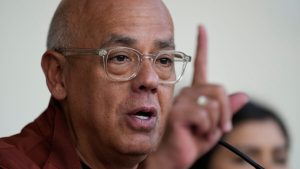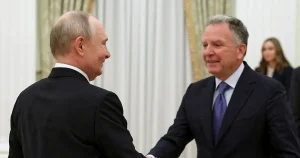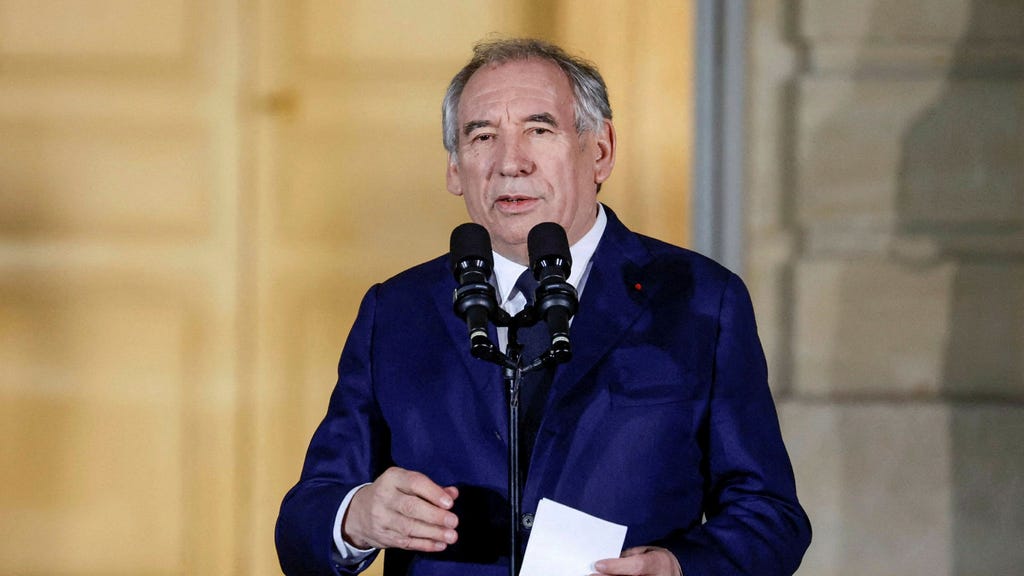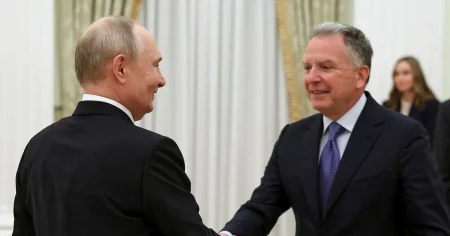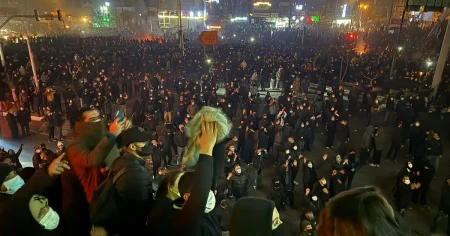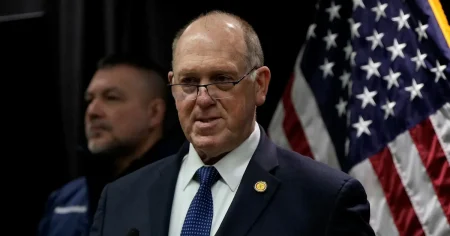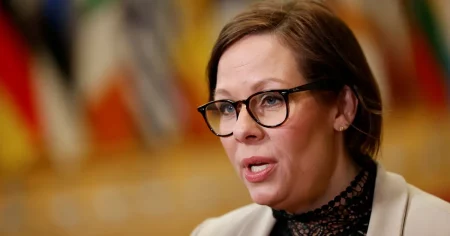The appointment of François Bayrou, centrist politician and former government minister, as the new French Prime Minister marks a significant shift in the French political landscape. His selection, while perhaps unexpected by some, speaks to a desire for stability and experienced leadership amidst a complex and challenging political climate. Bayrou, known for his moderate stance and deep understanding of the intricacies of French governance, brings a wealth of experience to the role, having served in various ministerial positions throughout his career. His arrival at the Matignon, the official residence of the Prime Minister in Paris, signifies the commencement of a new chapter in French politics, one that will undoubtedly be shaped by his particular political philosophy and approach to governance. During the handover ceremony, Bayrou acknowledged the daunting nature of the task ahead, remarking on the inherent difficulties of the premiership, a sentiment reflecting both humility and a realistic assessment of the current political environment.
Bayrou’s premiership is anticipated to focus on navigating the complex web of domestic and international challenges facing France. The country grapples with economic uncertainties, social divisions, and the ongoing repercussions of global geopolitical events. Internally, issues such as income inequality, rising living costs, and concerns surrounding social cohesion require immediate attention. Externally, France plays a key role on the international stage, navigating the intricate dynamics of European Union politics and addressing global issues like climate change and international security. Bayrou’s experience and centrist perspective are expected to inform his approach to these multifaceted challenges, potentially fostering a more conciliatory and collaborative political environment within France and on the global stage. His acknowledgement of the difficulties of the position suggests a thoughtful and considered approach to policy-making, prioritizing pragmatic solutions over ideological grandstanding.
The choice of Bayrou as Prime Minister can be interpreted as a strategic move aimed at fostering political unity and bridging the divides within French society. His centrist position allows him to potentially appeal to a broader spectrum of the electorate, including those disillusioned by the perceived extremes of both the left and the right. This strategic positioning could be instrumental in building consensus and fostering a more collaborative political environment, potentially easing the gridlock that has characterized recent French politics. Bayrou’s long-standing political career and established reputation for integrity and competence may also contribute to restoring public trust in government, a crucial element in addressing the multifaceted challenges facing the nation. His words during the handover ceremony, acknowledging the difficulty of the position, further underscore his commitment to a realistic and pragmatic approach to governance.
Bayrou’s political background and past experience provide valuable insights into his likely approach to governance. His long career in public service has exposed him to a wide range of policy areas, from education and economic development to international affairs. This breadth of experience will likely inform his policy priorities and his approach to decision-making. His reputation as a thoughtful and measured politician suggests a preference for evidence-based policy and a commitment to consultation and dialogue. His centrist ideology emphasizes pragmatism and finding common ground, potentially leading to a more collaborative and less confrontational political atmosphere. His acknowledgement of the challenges inherent in the premiership further reinforces the expectation of a measured and considered approach to governance, focusing on tangible results and addressing the real-world concerns of the French people.
The initial reactions to Bayrou’s appointment are likely to be varied, reflecting the diverse political landscape of France. While some may welcome his experience and moderate stance, others may express reservations or skepticism. Supporters will likely point to his deep understanding of French politics and his potential to bridge political divides. Critics, on the other hand, may question his ability to implement significant change or navigate the complex political landscape effectively. The true measure of his success will ultimately lie in his ability to deliver on his promises and address the pressing challenges facing the nation. His performance in the coming months and years will determine whether his premiership marks a turning point in French politics or simply another chapter in the ongoing political narrative. His acknowledgment of the difficulty of the role, however, sets a tone of realistic expectations and a focus on the hard work ahead.
Bayrou’s premiership begins at a critical juncture for France. The country faces both internal and external pressures, requiring strong leadership and a clear vision for the future. His appointment represents a gamble, a bet on experience and moderation in a turbulent political climate. The success of this gamble will depend on his ability to unite the country, navigate the complex challenges ahead, and deliver tangible results for the French people. His words at the Matignon, acknowledging the difficulty of the position, serve as a reminder of the weighty responsibilities he now shoulders. The coming months and years will reveal whether Bayrou can rise to the occasion and steer France towards a more stable and prosperous future. His legacy will be defined by his actions, his policies, and his ability to navigate the complex and often turbulent waters of French politics.



